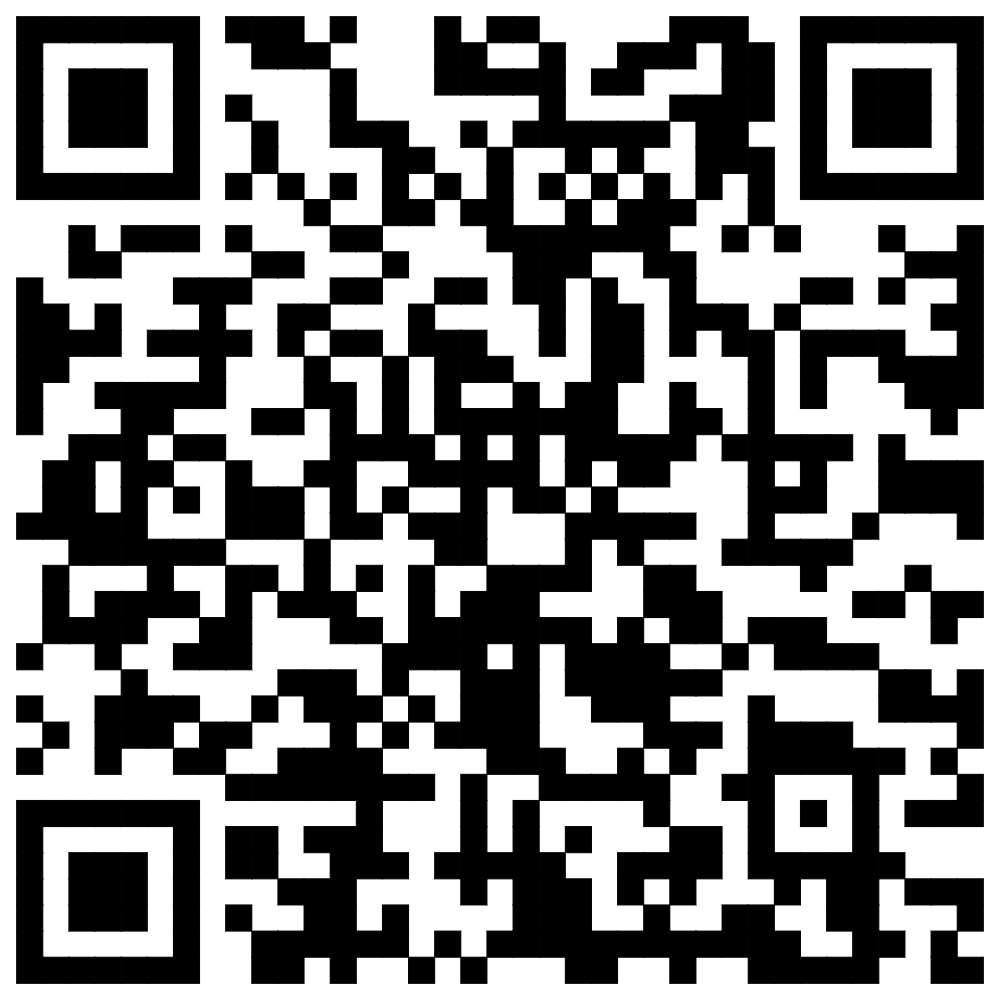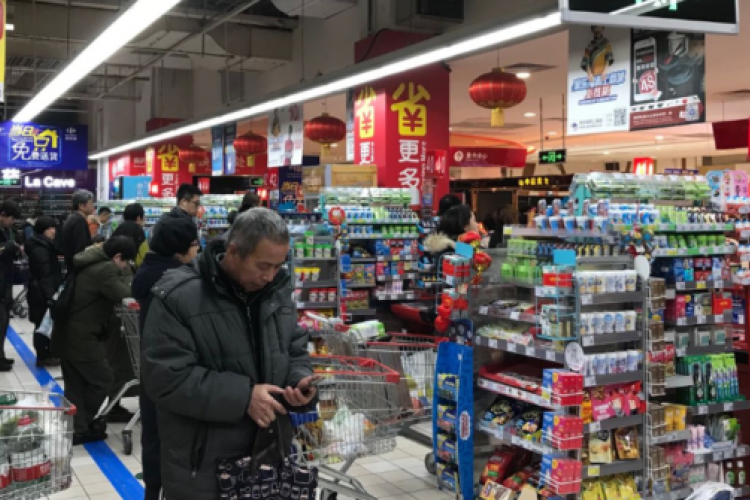Hao Laoshi: 5 Ways That Speakeasy Beijing Can Help You Hone Your Tones
As part of the Beijinger’s Mandarin Month series ahead of our June 25 Mandarin Mixer, we present Hao Laoshi, a series of Q&As with teachers and students at Mandarin learning centers across town. Today we're talking with Danny Honda and Chris Max of the recently opened Speakeasy Beijing language center. Below, they tell us about their innovative approach to teaching proper pronunciation.
Reason 1: How it works and why it's unique
Danny: First off, why is this course called ‘Accent Addition,’ and not something like ‘Accent Reduction’? When most schools offer courses in pronunciation or accent training, the emphasis is primarily on getting rid of one’s accent, right? So why would we want to add an accent?
A state of mind ... To understand why we would want to add an accent rather than reduce an accent, we have to first understand that breaking a bad habit is ten times harder than starting a good one. The reason so many people have trouble with pronunciation is not that they can’t ‘get rid of’ their accent, but rather that they were never taught how to pronounce the sounds of their target language. In other words, they don’t know how to accurately produce the sounds, so they end up substituting in sounds from their native language, resulting in a foreign accent. When we learn how to make these sounds, the different tongue and lip positions, intonation, stress, and rhythm, we are, in effect, adding a native accent. And anybody can do it.
Reason 2: Why it's important (tone mistakes)
Chris: A lot of people have the mistaken notion that tones are not important. They bring up that Chinese people make mistakes, too, and that they can still understand you even when you make mistakes. The problem with this kind of thinking is that it limits your progress from the very beginning. Yes, some Chinese people make tone mistakes, but it's due to features of their own dialect, which has a specific rhyme and reason. You can predict how they will make these tone mistakes. When non-Chinese people are learning Mandarin, their mistakes tend to be quite random and nearly impossible to predict or understand.
Some laowai insist: "But Chinese people can understand me even when I have bad tones!" This can be true, but usually only at the very beginning of your learning when there are only one or two words that you could possibly be trying to say. For example: "I need to go to bed." When you mispronounce this sentence in English, the end result will be something like "I need to go to bad" or "I need to go to bid." Native speakers will be able to guess your meaning. However, when we start discussing more complicated topics, proper pronunciation becomes much more important. Sentences like "I need to disable the nuclear warhead before it goes critical" can turn into something like "I need to dusoblu the noclure wirhade before it goes crutucel," and that obviously would be really confusing for anyone.
Reason 3: What makes the course fun?
Danny: Instant results. Our students start to hear the results themselves in as a little as ten minutes. It obviously takes longer to make these changes permanent, but being able to hear and recognize their improvement gives our students a very real sense of accomplishment, which is critical for any learner looking to stay motivated.
Reason 4: What inspired the course?
Chris: Having learned and acquired a good accent in four languages prior to Chinese, I was initially very unsatisfied with the lack of emphasis that most teachers placed on tones and accent. I've always said that missing the tones in a Chinese word is essentially the same as dropping vowels from an English word. Teachers can understand you, but that doesn't mean that the average Joe on the street knows what you're saying.
I've met so many expats who asked me for tips on improving their Chinese, specifically their accent. A lot of teachers didn't really know how to fix these problems because they didn't understand how the students were mispronouncing things. From my end, it was much easier to pinpoint what they were doing wrong and how to fix it.
After helping a few of my friends really 'level up' their accents I just started writing down the process I was using. From there it kind of developed into a full blown course.
Reason 5: Not just accents
Danny: So the entire concept of Speakeasy was that we thought we could improve upon the current methods currently being used by other programs. Accent Addition is just one of our newest courses. We also have courses such as our "level UP" program and a video-based course, both of which are very comprehensive and are aimed at all areas of your Chinese. These all really put a new spin on learning languages, and keep people motivated even through busy work schedules or frustrating plateaus.
Speakeasy is one of the many schools participating in our June 25 Mandarin Mixer at Home Plate BBQ. You can scan their QR code below. 
Come meet some Speakeasy teachers and reps from a dozen other Mandarin schools at our free event. Pre-registration is required, click here to do so, so that you can take advantage of free booze and other goodies.
In the meantime, be sure to follow our month-long Mandarin Month coverage here.
Mandarin Month is brought to you by Pleco, Project Pengyou and Ninchanese. Mandarin Month is also supported by the following chambers: Benelux Chamber, British Chamber, and Mexican Chamber.
Photo: SpekEasy








